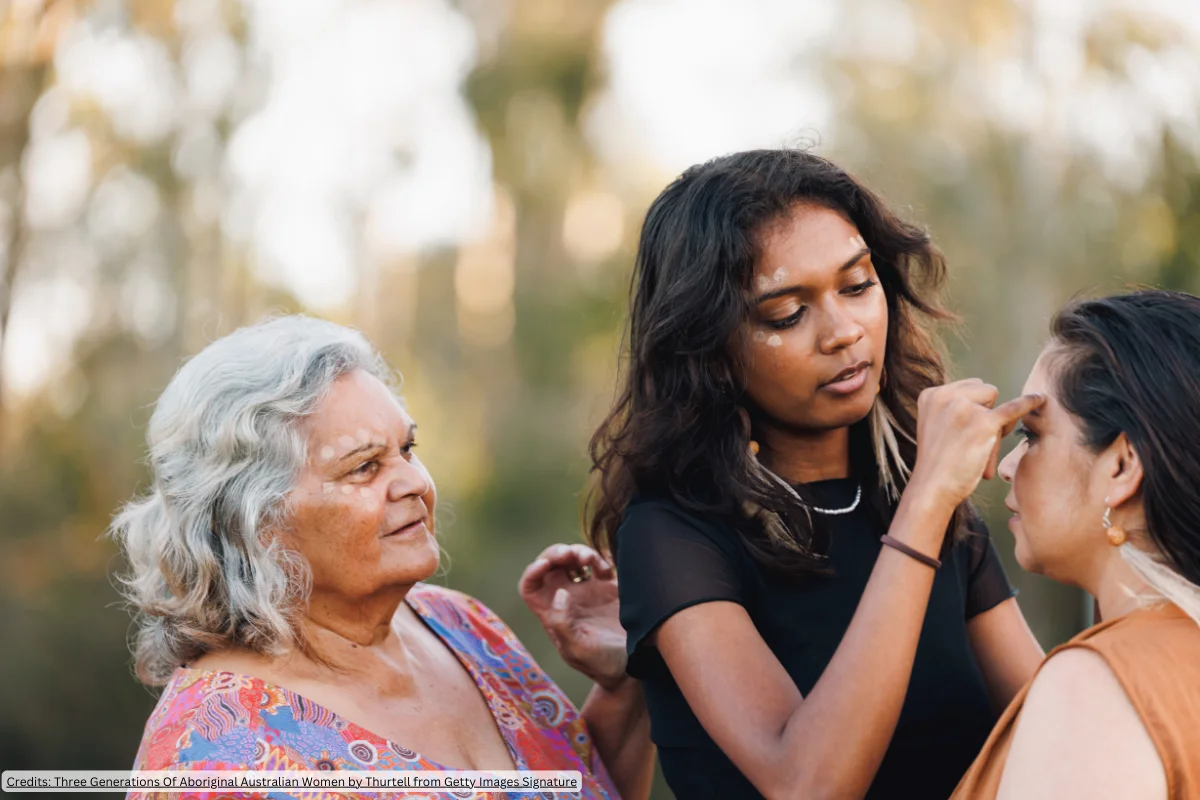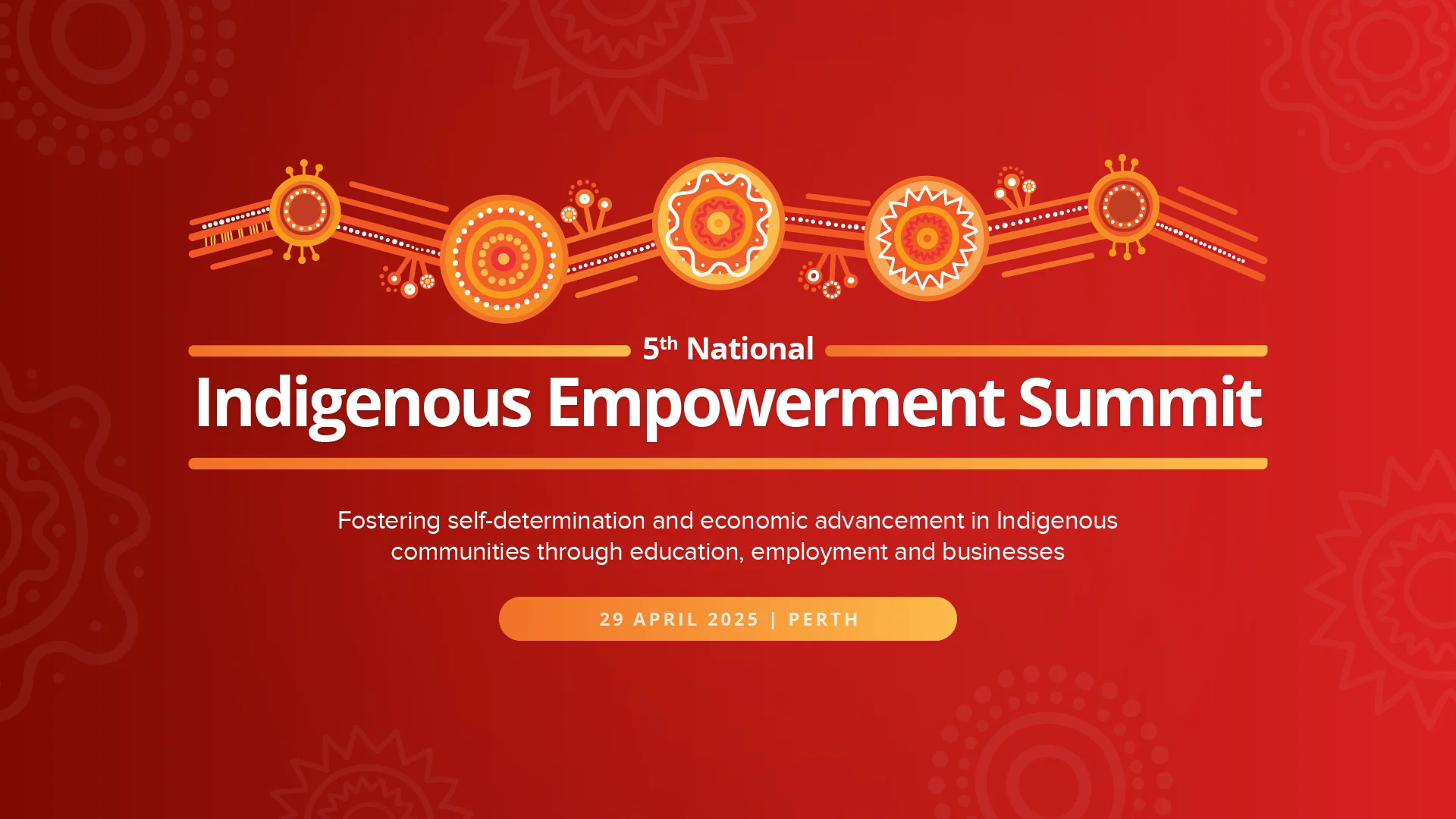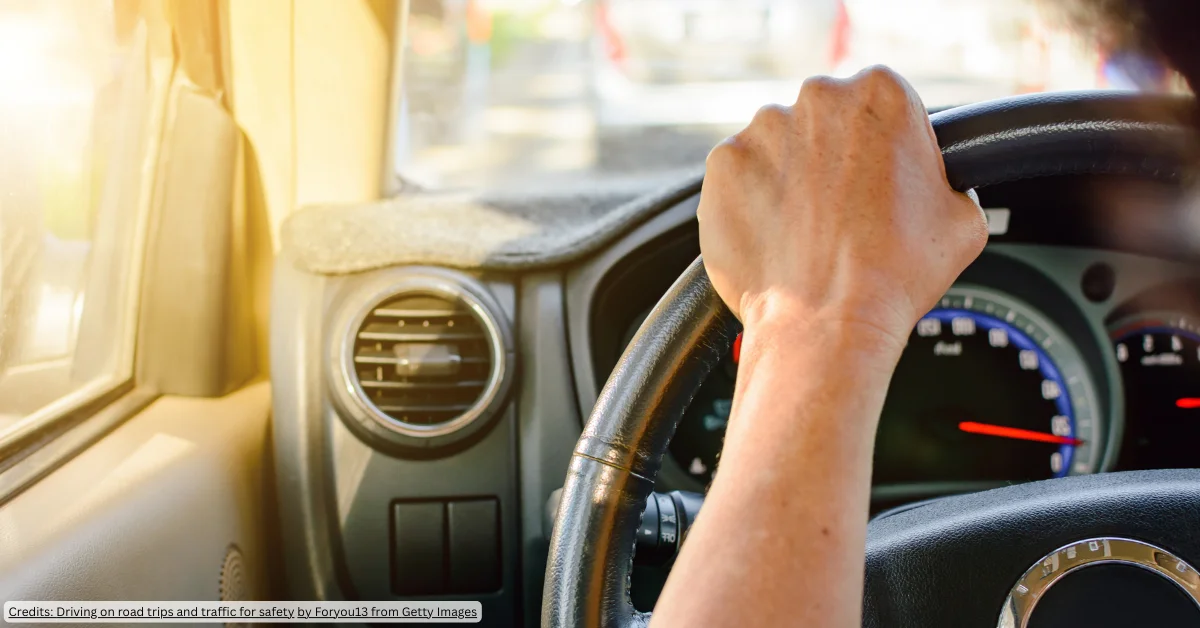A new business-community coalition has demanded greater business investment to address disadvantage in Australia.
Led by charity United Way, the Macquarie Business Park Coalition has called for a radical upscaling of business-community partnerships following the release of government data revealing 22 per cent of Australian children still start school ‘developmentally vulnerable’.
“The government’s latest Australian Early Development Census data reflects a cycle of disadvantage [that] starts well before a child’s first day at school, and too often manifests as high youth unemployment and other social problems,” said CEO of United Way Australia Kevin Robbie.
“There are long-term incentives for business, government and all of us to end disadvantage in Australia, but to seriously shift the dial we need to go beyond traditionally insular CSR and work together in a radically different way.”
United Way highlighted it’s Macquarie Business Park Coalition as the first of its kind in Australia to mobilise businesses to work together to address local school preparedness and youth employment issues.
The business-community coalition works to support parents and carers to ensure children are school-ready, and high school students to stay engaged in school and transition successfully to work or higher education.
“Business has a huge responsibility in nurturing the next generation, and as a coalition, we have a shared responsibility to guarantee that the children of Macquarie Park have the best possible start to life. It is important that we work together, to ensure that the future of Australia – our children – live happy, healthy and successful lives,” said Gavin Fox-Smith, CEO of Johnson & Johnson Medical and a member of the coalition.
“Our employees are totally committed to this work, and they are delighted to be actively engaged in the community in which we operate. It provides our people with meaningful teaming and mentoring opportunities, which make a big impact where it is most needed.
“Companies keep telling us that while important to align CSR to core business, local community is also a key stakeholder. They understand we’ve got a responsibility to think outside the CSR ‘box’ now to avoid the skills gap of the future.”












